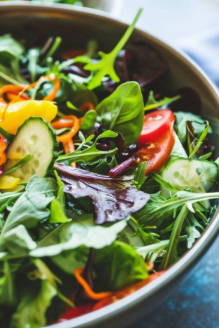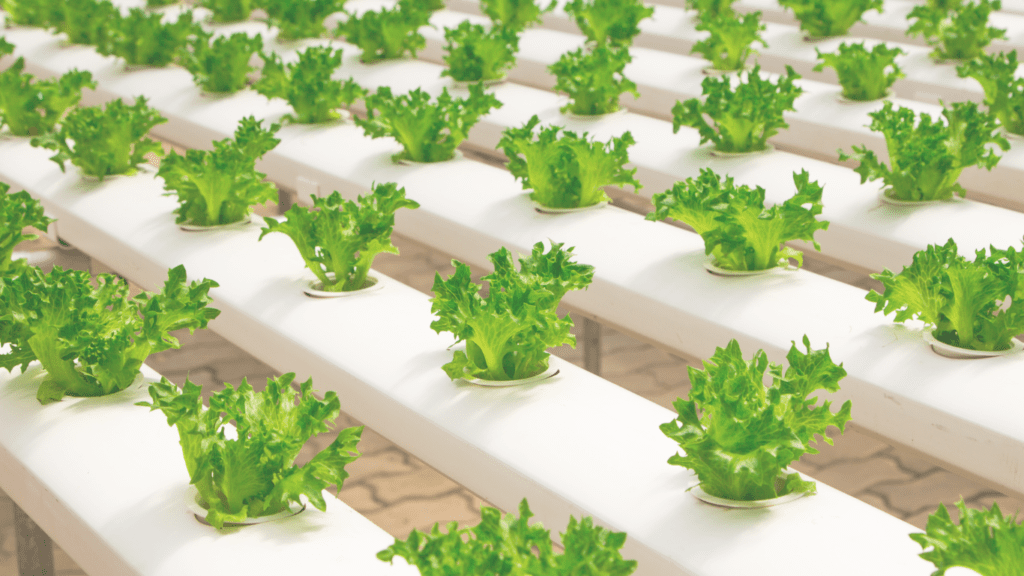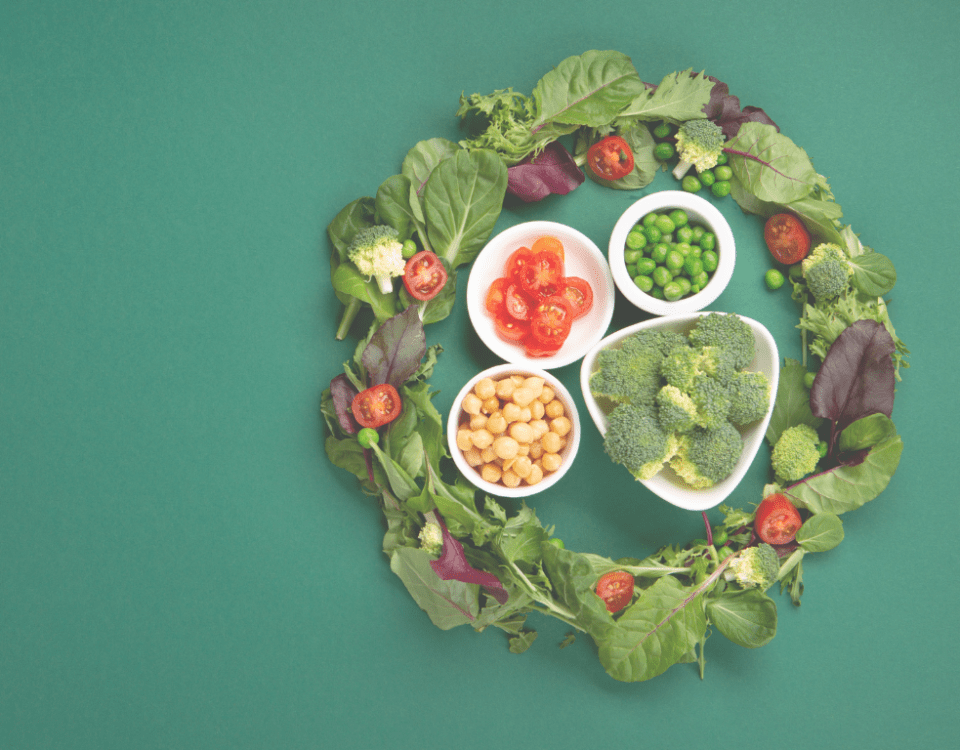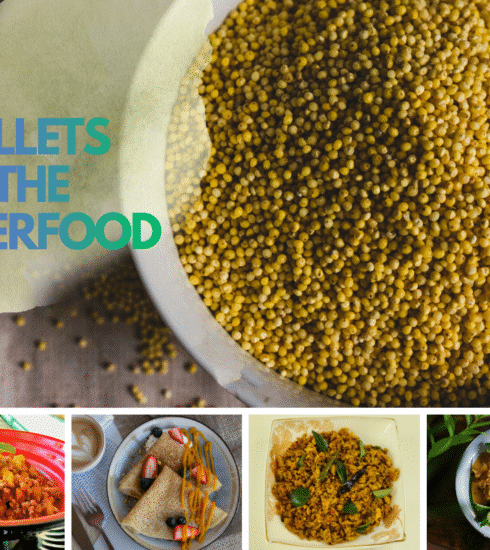Uplifting Mindful Munching: How Simple Food Choices Save The Planet
Food is more than just fuel for our bodies, it shapes the world around us. Every meal we eat has a story, one that connects us to farmers, animals, the environment, and even global economies. Yet, most of us don’t stop to think about how our food choices impact the planet.
What if we told you that something as simple as changing what’s on your plate could help combat climate change, protect forests, and even improve your health? It might sound overwhelming, but the truth is, small changes in our diets and food choices can lead to significant positive outcomes.
From the way food is produced to how much of it gets wasted, our food choices and daily habits play a role in some of the biggest challenges facing the world today. In this article, we’ll explore how our food system affects the environment, why plant-based diets can make a difference, how food waste contributes to global issues, and how we can support sustainable farming.
The Hidden Cost of Food Production
Most of us don’t see where our food comes from. We grab fruits, vegetables, meat, and dairy from supermarket shelves without thinking about how they got there. But the truth is, food production has a massive footprint, one that is taking a serious toll on the environment.
One of the biggest contributors to climate change is industrial agriculture. It’s responsible for large amounts of greenhouse gas emissions, deforestation, and pollution. Among all forms of food production, livestock farming is the most damaging, accounting for about 14.5% of global greenhouse gas emissions, more than all cars, planes, and trains combined.

Then there’s the issue of land and water use. Producing 1 kg of beef requires 15,400 litres of water, while the same amount of lentils needs only a fraction of that. Large-scale livestock farming also requires vast areas of land. In the Amazon, 70% of deforestation is linked to cattle grazing and soybean farming land most of that soy is used to feed livestock, not humans.
Beyond carbon emissions and deforestation, industrial farming is also depleting our soil. Overuse of pesticides and fertilizers strips the land of essential nutrients, making it harder to grow food in the future. If we continue at this pace, future generations may struggle with food security as soil quality deteriorates.
So, what can we do? One of the most effective ways to reduce the environmental impact of food production is shifting toward more plant-based meals.
Why Then there’s the issue of land and water use. Producing 1 kg of beef requires 15,400 liters of water, while the same amount of lentils needs only a fraction of that. Large-scale livestock farming also requires vast areas of land. In the Amazon, 70% of deforestation is linked to cattle grazing and soybean farming mand most of that soy is used to feed livestock, not humans.
Beyond carbon emissions and deforestation, industrial farming is also depleting our soil. Overuse of pesticides and fertilizers strips the land of essential nutrients, making it harder to grow food in the future. If we continue at this pace, future generations may struggle with food security as soil quality deteriorates.
So, what can we do? One of the most effective ways to reduce the environmental impact of food production is shifting toward more plant-based meals.
Why Plant-Based Food Choices Help

You don’t have to go completely vegan to make a difference, but adding more plant-based meals to your diet can significantly reduce your carbon footprint. Research shows that a vegan diet can cut an individual’s emissions by up to 50%, and even a flexitarian diet where you eat mostly plants but occasionally consume meat can make a big impact.
But it’s not just about the environment eating more plants is also great for your health. Diets rich in fruits, vegetables, legumes, and whole grains are packed with essential nutrients, fibre, and antioxidants. Studies show that plant-based diets can reduce the risk of heart disease, diabetes, and even certain cancers.
On the flip side, excessive red and processed meat consumption has been linked to various health problems, including heart disease and high cholesterol. The World Health Organization (WHO) has even classified processed meats as a carcinogen meaning they could increase the risk of cancer.
So, whether it’s “Meatless Monday” or simply swapping one or two meat-based meals a week for plant-based options, every small step counts.
The Problem With Food Waste
Food waste is one of the biggest but most overlooked environmental problems today. Globally, one-third of all food produced is wasted that’s 1.3 billion tons of food every year. In the U.S. alone, 30-40% of the total food supply ends up in the trash
Why does this matter? Because wasting food means wasting resources. When we throw away food, we also waste the water, energy, labour, and transportation that went into producing it. And when food rots in landfills, it produces methane, a greenhouse gas even more potent than carbon dioxide.
Here are some simple ways we can reduce food waste:
- Plan meals in advance – Buying only what we need prevents overbuying and reduces waste.
- Store food properly – Many fruits and vegetables last longer when stored correctly, preventing spoilage.
- Get creative with leftovers – Transform last night’s dinner into a new meal instead of tossing it.
- Compost food scraps – Instead of sending food waste to landfills, composting can return nutrients to the soil.
But food waste isn’t just an individual problem. Restaurants, supermarkets, and food manufacturers also contribute to the issue. Many businesses throw away perfectly edible food due to cosmetic imperfections or approaching expiration dates. Addressing food waste at a larger scale requires government policies and business initiatives to ensure food is redistributed instead of discarded.
Support Sustainable Farming With Your Food Choices

Our food system needs to change, and one of the best ways to do that is by supporting sustainable agriculture. Unlike industrial farming, which prioritizes high yields at the cost of environmental damage, sustainable agriculture focuses on long-term soil health, biodiversity, and efficient resource use.
Some key sustainable farming practices include:
- Organic farming – Avoiding synthetic pesticides and fertilizers to protect ecosystems.
- Regenerative agriculture – Using cover crops, crop rotation, and minimal tilling to improve soil health.
- Agroforestry – Combining trees and crops to increase resilience against climate change.
- Water-efficient farming – Techniques like drip irrigation and rainwater harvesting help conserve water.
We can support sustainable farming by choosing organic and locally grown produce, buying from farmers’ markets, and looking for certifications like “regenerative” or “fair trade.”
Why Collective Action Matters

While personal choices are powerful, we need bigger systemic changes to create a truly sustainable food system. Governments and businesses must invest in better food policies, plant-based innovations, and food waste reduction programs.
Some key solutions include:
- Encouraging plant-based diets through public health campaigns.
- Implementing carbon taxes on high-emission food production.
- Improving food waste laws to require supermarkets and restaurants to donate excess food.
- Investing in sustainable agriculture to protect biodiversity and natural resources.
When we combine individual actions with collective efforts, we can create a more sustainable, ethical, and healthy food system.
Final Bite: Food Choices Matter
What we eat matters. Our food choices shape not just our health, but the future of our planet. By eating more plant-based meals, cutting food waste, and supporting sustainable agriculture, we can reduce emissions, protect biodiversity, and improve global food security.
You don’t have to be perfect, every small step helps. Whether it’s swapping a beef burger for a veggie alternative, buying local produce, or simply finishing your leftovers, your actions add up.
So next time you sit down for a meal, ask yourself: Is my plate making the world a better place? Because the truth is, every bite counts. Let’s make it one that’s good for us and the planet.
Author: Nora Tresa Jhon
References:
1. FAO (2013) – “Tackling climate change through livestock”
2. Barona et al. (2010) – “The role of pasture and soybean in deforestation of the Brazilian Amazon”
3. FAO (2011) – “Global Food Losses and Food Waste”
4. Scarborough et al. (2014) – “Dietary greenhouse gas emissions of meat-eaters, fish-eaters, vegetarians and vegans in the UK”
5. IPCC (2019) – “Climate Change and Land: an IPCC special report”






